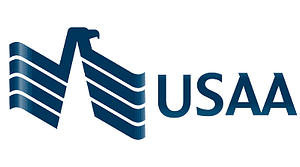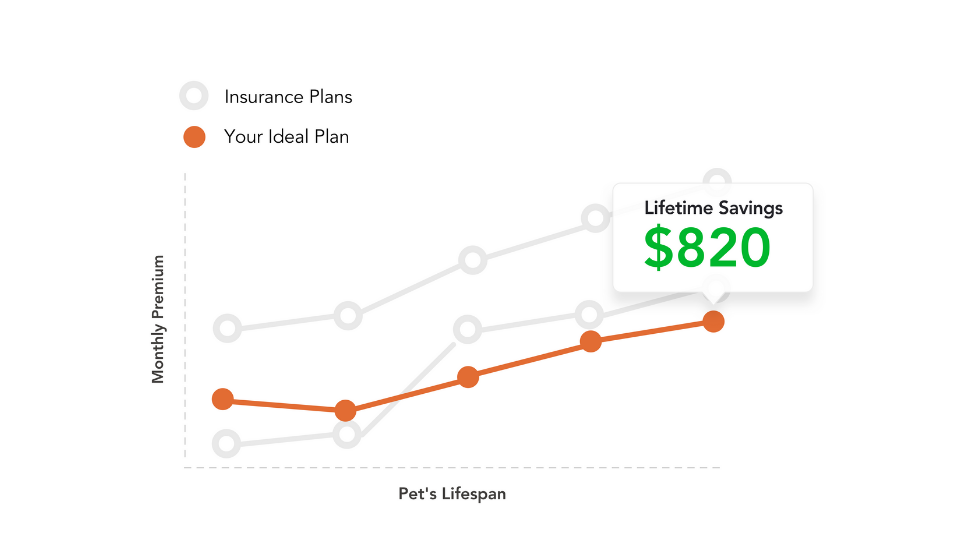Our What Does An Insurance Underwriter Do Ideas
This equity would assist pay the loan balance in the event you default and go into foreclosure (how do insurance companies make money). Your lending institution requires you to have personal home mortgage insurance so that if you can no longer pay on your house, the lender will still get paid (through the personal insurance coverage). PMI basically safeguards the lender in case of borrower default.
If you fall behind on your payments, your credit rating could suffer or you could lose your house through foreclosure. You are usually required to pay a personal home mortgage insurance premium on a standard loan for as numerous months or years it requires to develop adequate equity in your home to equal 20 percent of your home's value and have a loan-to-value ratio of 80 percent.
Once again, MIP for an FHA loan is different than PMI on a traditional loan. Contact your lending institution if you have concerns about the home loan insurance coverage premium on your FHA loan. Normally, if you put down 20 percent or more when you purchase a house, you can generally avoid spending for personal home loan insurance coverage on a standard loan (not an FHA loan).
It's an adhering loan for low- and moderate-income home buyers that enables a deposit of 3% and does not need mortgage insurance. Certified veterans can apply for a VA loan that permits up to one hundred percent financing (that's a $0 down payment) and does not require home mortgage insurance coverage. They might only require an upfront financing charge that certain veterans might be exempt from.
Some lenders provide non-conforming and portfolio alternatives that accept deposits just 10-15% and do not require PMI. Doctor loans typically do not need PMI if the down payment is less than 20%. Another option to avoid paying PMI, referred to as "piggybacking," is taking out a smaller loan for sufficient money to cover the 20% deposit so that you can avoid paying private home mortgage insurance coverage.
But you can usually deduct the interest on our federal tax return. You will also need to consider whether you can afford to pay a second loan for a set number of years in addition to your home mortgage payment. Contact your tax adviser or monetary coordinator for more information. If you are paying PMI on a conventional loan, you can ask for to cancel it (see listed below) once you have actually built up enough equity in your house.
A Biased View of What Happens If I Don't Have Health Insurance
You'll likewise http://edwingefa381.yousher.com/the-25-second-trick-for-how-much-does-insurance-go-up-after-an-accident want to make certain your credit rating is high enough to qualify, and that interest rates make monetary sense for you. Contact your lender if you have questions about the home mortgage insurance on your FHA loan (how do i get health insurance). When the customer has constructed up a certain amount of equity in your house, typically 20% equity, private home mortgage insurance normally may be canceled which will decrease your home mortgage payment and enable you pay less money every month.
So if you own a home with a value of $100,000 and have actually paid down $20,000 in principal, you can ask for to cancel your PMI. Make sure to contact your lending institution as soon as you have actually hit 20 percent equity.
Editorial Note: Forbes might make a commission on sales made from partner links on this page, but that doesn't impact our editors' opinions or evaluations. If you're buying a house for the very first time, you might be considering an FHA home loan. These loans make it simpler to get into a house thanks to less strict credit and down payment requirements.
Here's what you need to learn about FHA home mortgage insurance before getting a loan. If you secure a home mortgage and make a down payment of less than 20% or re-finance an existing home loan with less than 20% equity, you're usually needed to pay personal home loan insurance coverage (PMI).
When a conventional home loan loan provider needs you to pay PMI, it develops an insurance policy through its network of providers and after that works out the information with you at closing. You can select to pay your yearly insurance coverage premium up front, or have it rolled into your home mortgage loan and paid in installments along with your home mortgage payments.
Let's take a more detailed look at the details of FHA home loan insurance coverage below. An FHA loan is a certain type of mortgage that's backed by the Federal Real Estate Administration. It's developed to help prospective property owners who wouldn't otherwise certify for a budget friendly conventional loan, especially novice homebuyers. FHA loans are readily available to customers with credit rating of a minimum of 500.
About When Is Open Enrollment For Insurance


5% down with a credit report of a minimum of 580, otherwise a down payment of a minimum of 10% is required. Unlike private home mortgage insurance, FHA home loan insurance coverage is needed on all FHA loans regardless of the down payment amountand can't be cancelled in the majority of cases. Presently, if you put down less than 10% on an FHA loan, you're required to pay home mortgage insurance coverage for the whole length of the loan.
There are two components to FHA mortgage insurance. First, there's an in advance mortgage insurance premium of 1. 75% of the overall loan quantity. So if you obtained $150,000, you 'd be needed to pay an in advance cost of $2,625. You're likewise needed to pay an annual home loan insurance premium of 0.
05% of the loan amount, depending upon a few aspects. Like PMI, you have the choice of paying your annual premium up front or rolling the expense into your loan. Keep in mind that it can be easier to roll your premiums into your loan, however that will cost you more in the long run due to the fact that you'll also be paying interest on it over the course of the year.
That said, you do not need to be stuck paying FHA mortgage insurance coverage for the entire length of your loan. Customers often choose FHA mortgage since they're simpler to qualify for than conventional home mortgages. You can certify with a credit report as low as 500, and put as little as 3.
The tradeoff is paying the extra expense of home mortgage insurance. Nevertheless, after a couple of years of diligently paying down your FHA home loan, your credit might be in much better shape and you probably will have developed some equity in your house. If that's the case, you might consider re-financing to a non-FHA home loan.
Obviously, it's constantly an excellent idea to crunch the numbers and see which option makes the most financial sense. Like anything associated to homebuying, it's a great idea to invest some time assessing the benefits and drawbacks of taking out an FHA loan that features mortgage insurance coverage. Here's a better look at some of the factors you may get more info consider paying FHA mortgage insuranceas well as reasons to avoid it.
The Of What Is A Deductible Health Insurance
If you plan to secure a home loan without a full 20% down payment, paying Additional resources private mortgage insurance on a conventional loan can be pricey if your credit isn't fantastic. That's due to the fact that the cost of PMI premiums goes up as your credit history decreases. FHA home loan insurance coverage, on the other hand, doesn't take your credit into factor to consider when rates.
